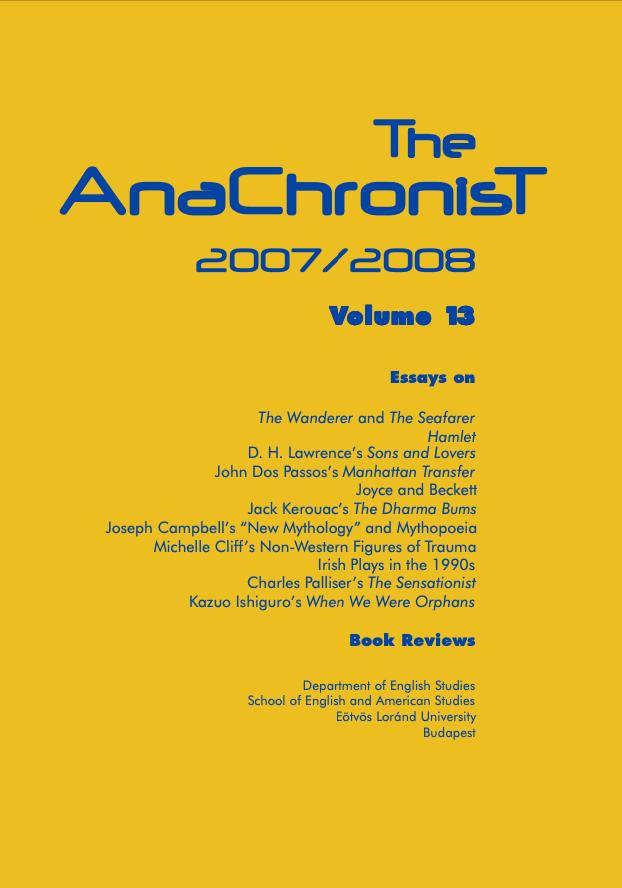The Paradox of Context
Wyrd, God and Progression Presented through The Wanderer and The Seafarer
DOI:
https://doi.org/10.53720/ZKXP9779Abstract
The aim of this paper is to resolve the paradoxical nature of the juxtaposition of Germanic pagan with Christian teachings and ideas in Old English elegies. First, the most relevant notions of religious encounter are discussed. Then, the notion of 'Wyrd,' the Germanic fate motif, shall be introduced. Subsequently, after giving a concise summary of the history and story of The Wanderer and The Seafarer, the paper deals with the narrative structure of each, then analysing their relevant parts in depth. The paper also elaborates on the phenomenon of 'progression.' The word is here used to refer to the shift in tone (from earthly to transcendent) which occurs to emphasise the importance of the new religion and is achieved by presenting Christian teachings as consolation for the exiled protagonists. In The Wanderer, the pagan retrospective view is exchanged for the eschatological, while in The Seafarer the development from a lament to sermon is what will be the means of this consolation.

